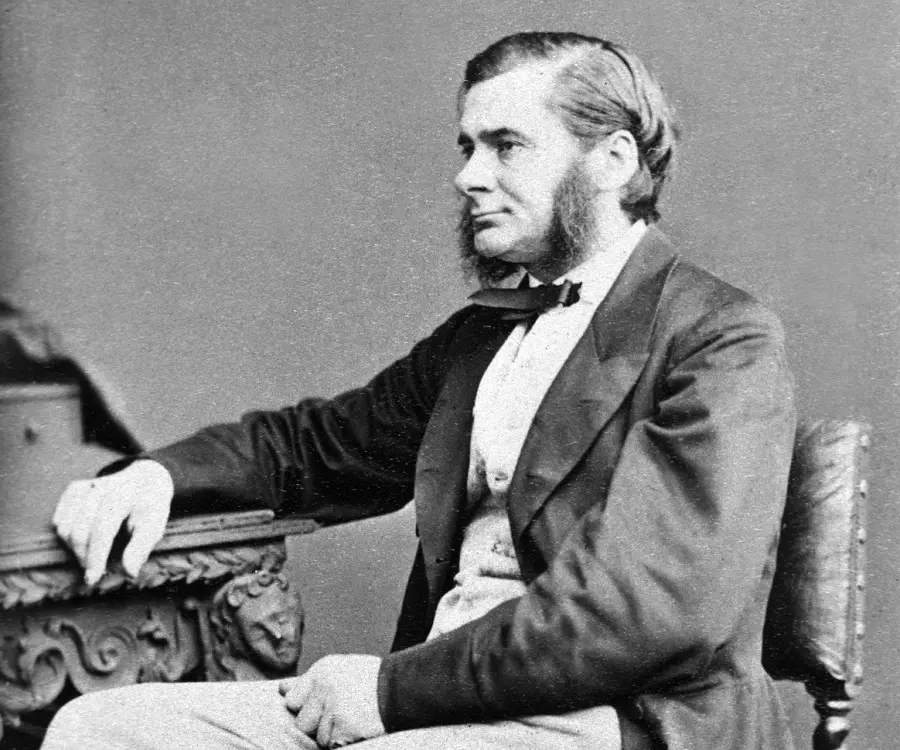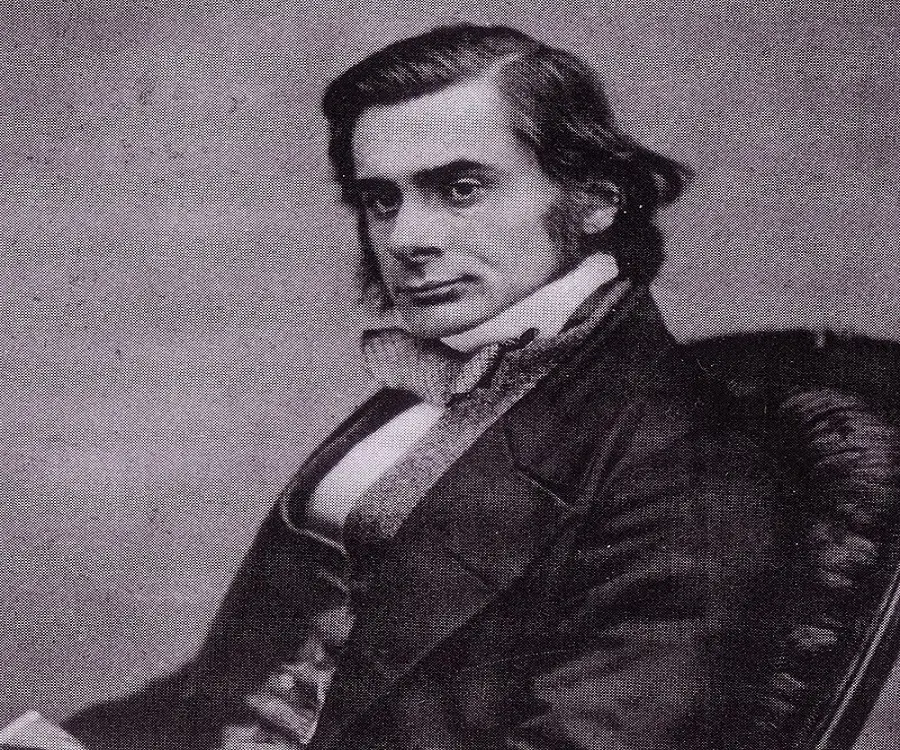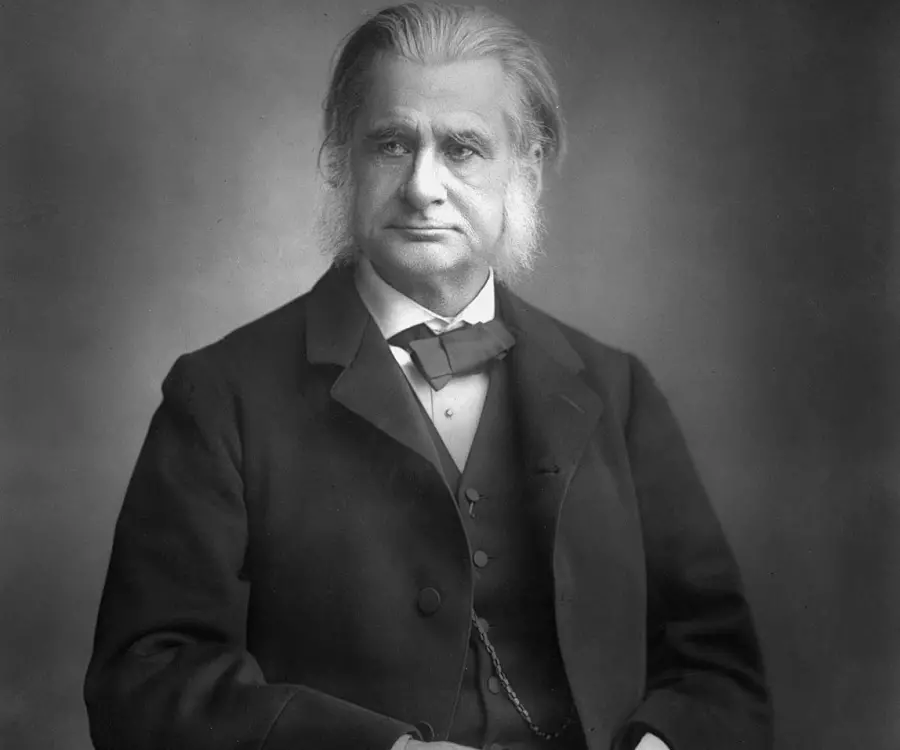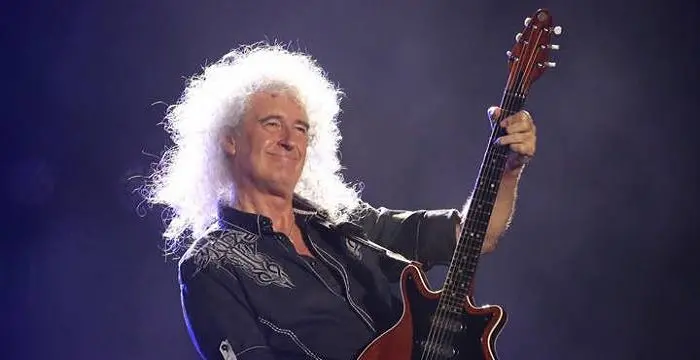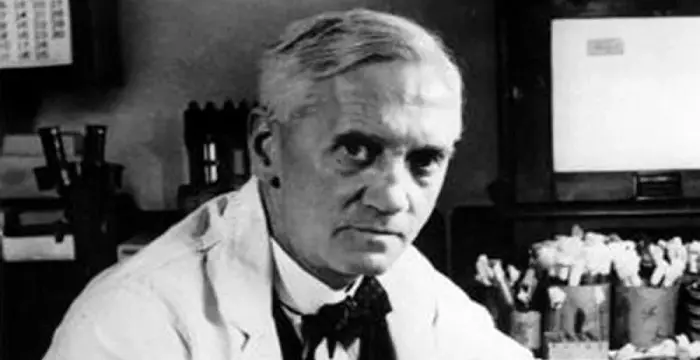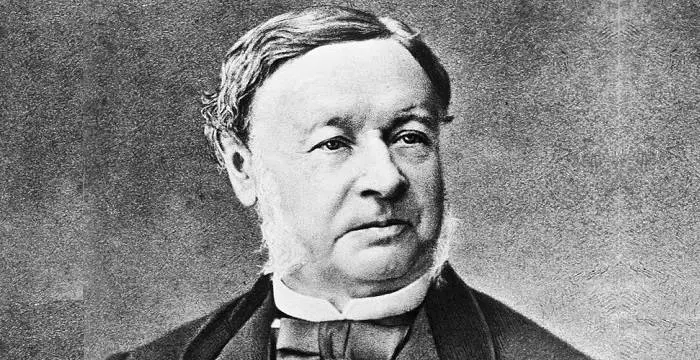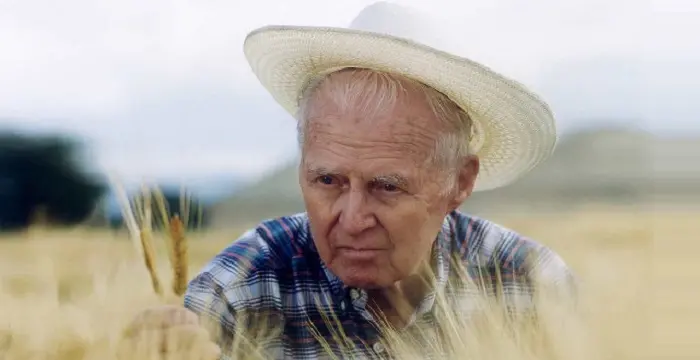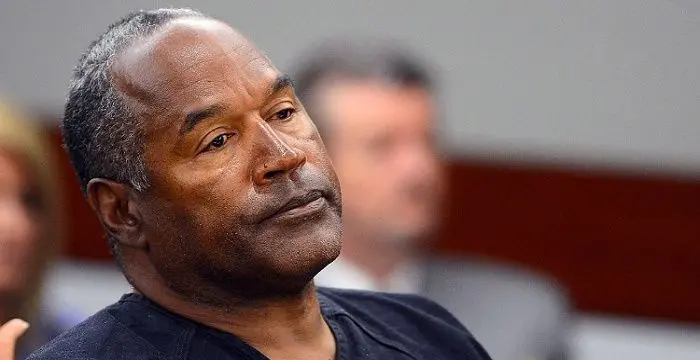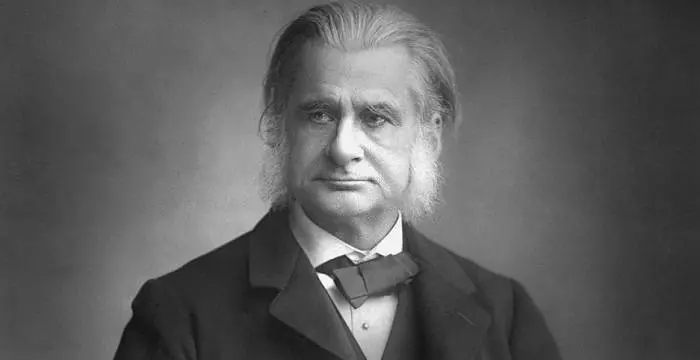
Thomas Henry Huxley - Biologists, Family and Childhood
Thomas Henry Huxley's Personal Details
Thomas Huxley was a famous English biologist
| Information | Detail |
|---|---|
| Birthday | May 4, 1825 |
| Died on | June 29, 1895 |
| Nationality | British |
| Famous | Imperial College London, Scientists, Biologists |
| Spouses | Henrietta Anne Heathorn |
| Known as | Thomas Huxley |
| Childrens | Leonard Huxley, Marian Huxley Collier |
| Universities |
|
| Notable Alumnis |
|
| Birth Place | Ealing, Middlesex |
| Gender | Male |
| Father | George Huxley |
| Mother | Rachel Withers |
| Sun Sign | Taurus |
| Born in | Ealing, Middlesex |
| Famous as | Biologist |
| Died at Age | 70 |
// Famous Scientists
Juliane Koepcke
Juliane Koepcke is a German-Peruvian biologist, who was the lone survivor among the 92 passengers and crew of the ill-fated LANSA Flight 508 that crashed in the Peruvian rainforest on 24 December 1971. Know more about her life in this biography.
Henry Cavendish
Henry Cavendish was a theoretical chemist and physicist, renowned for discovery of hydrogen and calculation of the mass of earth. To know more about his childhood, profile, timeline and career read on
Konstantin Tsiolkovsky
Konstantin Tsiolkovsky was a Russian rocket scientist and a pioneer of astronautics. This biography provides detailed information about his childhood, family, personal life, career, achievements, etc.
Thomas Henry Huxley's photo
Who is Thomas Henry Huxley?
Thomas Henry Huxley was a renowned English biologist who rose to prominence in the 19th century. Born in a poor family, his father could not afford to send him to school. So, he began to educate himself. He excelled in science as he was blessed with an open mind and free thinking. He was recognized for his contribution and honored by the Royal Society when he was only twenty six years old. He was unwilling to believe the Biblical theory of creation and instead he supported Darwin’s theory of Evolution. His contribution to the study of marine biology, geology and the study of invertebrates, based on research and reason, is invaluable. He made biology a discipline in the universities, elevated the status of the School of mines and zoology and brought the issue of adult education to the fore. Though he was accused of being materialistic for his agnostic views, he supported the reading of the Bible in school for he believed that the Bible's significant moral teachings and superb use of language were relevant to English life. For his services to scientific learning, he was conferred honorary degrees and titles in many European countries. He will always be remembered as one of the pioneers of scientific thought.
// Famous Imperial College London
Brian May
Brian May is a legendary and prolific guitarist from the famous rock band ‘Queen’. Explore this biography to learn more about his childhood, life, works, achievements and timeline.
Roger Bannister
Roger Bannister is an English doctor, academic and a former athlete. Check out this biography to get detailed information on his childhood, life, career, achievements and timeline.
Alexander Fleming
Alexander Fleming was a Scottish biologist and pharmacologist who discovered enzyme lysozyme and antibiotic penicillin. This biography of Alexander Fleming profiles his childhood, life, research, discoveries, achievements and timeline.
Childhood & Early Life
Thomas Henry Huxley was born in Ealing, Middlesex to George, a mathematics teacher at Ealing School and Rachel Withers. He was the second youngest of the eight children.
At the age of ten, he had to leave school because his family was put into financial difficulties following the closure of Ealing School. He began to educate himself and became an expert on invertebrates.
In 1838, he was taken for short periods as apprentice to several medical practitioners. While working as an apprentice to Thomas Chandler, a pioneer in mesmerism, and John Salt, he continued his reading.
In 1841, he joined the Sydenham College and won a silver medal in the Apothecaries' yearly competition. He then entered Charing Cross Hospital to pursue his education, where he got a scholarship.
He appeared in his first M.B examination at the University of London and earned gold medals in anatomy and physiology. However, he failed to appear for his second exams and therefore did not get a degree.
Career
He applied for an appointment in the Royal Navy in 1845. His apprenticeships and exam results formed a sufficient basis for his application and he became Assistant Surgeon on HMS Rattlesnake.
The Rattlesnake started from England in 1846 on a voyage to New Guinea and Australia. He sent his discoveries, based on his study of marine invertebrates, to Edward Forbes, his mentor, to get them published.
His paper, ‘On the Anatomy and the Affinities of the Family of Medusae’, published in 1849, united the Hydroid and Sertularian polyps with the Medusae to form a class which he named ‘Hydrozoa’.
After he returned to England in 1850, in recognition of his work, he was selected a ‘Fellow of the Royal Society’ and met lifelong friends Joseph Dalton Hooker and John Tyndall.
The Navy retained him so that he could study the specimens collected during his voyage. In 1851, he showed that Appendicularia and Ascidians are both tunicates and related to the vertebrates in the phylum Chordata.
In 1854, while serving as the professor of natural history at the Royal School of Mines, his work included vertebrate paleontology and many projects to advance the place of science in British life.
He gave six lectures at the Royal School of Mines in 1855, expressing hope that the working classes understand that science and her ways are great facts for them and that they must be obeyed.
In the Oxford Evolution debate, 1860, he argued in favor of the theory of evolution while Bishop Samuel Wilberforce denounced the theory. The debate was considered a victory for Darwinian ideas and scientific thinking.
In 1864, he launched a dining club, the ‘X Club’ consisting of his closest friends, to work towards the cause of science. Guests such as Charles Darwin visited the club sometimes.
His lecture ‘On a Piece of Chalk’ in 1868 to the working class of Norwich served as a basis for other scientists who explained the process of life development on earth.
Between 1855 and 1890, he was a Professor at the Royal College of Surgeons, President of the British Association for the Advancement of Science, of the Royal Society and of the Marine Biological Association.
Major Works
In his famous essay, ‘On the Physical Basis of Life’, 1869, Huxley insisted that life and even thought were at bottom of molecular phenomena. He invented the word ‘agnostic’ to express his theological position.
In 1893, his ‘Collected Essays’ was published in nine volumes including, ‘Method and Results’, ‘Darwiniana’, ‘Science and Education’, ‘Science and Hebrew Tradition and Christian Tradition’, and ‘Evolution and Ethics and Other Essays’.
Awards & Achievements
A Fellow of the Royal Society, he was awarded the Royal Medal in 1852, the youngest to receive such a recognition.
Between 1876 and 1894, he was awarded the Copley Medal, the Darwin Medal, the Geological Society’s Wollaston Medal, and the Linnean Medal for the study and dissemination of taxonomy and natural history.
He was conferred with doctorates and awards for his public services and appointed the Privy Councilor in 1892, while the King of Sweden made him a Knight of the Order of the Polar Star.
Personal Life & Legacy
In 1855, Thomas Huxley married Henrietta Anne Heathorn whom he had met in Sydney. The couple had five daughters and three sons. His oldest son, Noel, died at the age of four.
Biographers have noted that many members of his family, including the biologist’s father, brothers and a daughter suffered from mental illnesses. He himself suffered from depression while on HMS Rattlesnake.
He died of a heart attack in 1895.
Trivia
This famous British zoologist’s championship of Darwin's theory of evolution was remarkable and he referred to himself as ‘Darwin’s Bulldog’.
The author of the novel ‘Brave New World’ was the grandson of this renowned, agnostic and controversial zoologist.
// Famous Biologists
Juliane Koepcke
Juliane Koepcke is a German-Peruvian biologist, who was the lone survivor among the 92 passengers and crew of the ill-fated LANSA Flight 508 that crashed in the Peruvian rainforest on 24 December 1971. Know more about her life in this biography.
Theodor Schwann
Theodor Schwann was a German physiologist who discovered the Schwann cells in the peripheral nervous system. This biography of Theodor Schwann provides detailed information about his childhood, life, achievements, works & timeline.
Norman Borlaug
Norman Borlaug was an American biologist known as the “Father of the Green Revolution”. This biography of Norman Borlaug provides detailed information about his childhood, life, achievements, works & timeline.
Thomas Henry Huxley's awards
| Year | Name | Award |
|---|---|---|
Other | ||
| 0 | 1888 - Copley Medal | |
| 0 | 1852 - Royal Medal | |
| 0 | 1890 - Linnean Medal | |
Thomas Henry Huxley biography timelines
- // 4th May 1825Thomas Henry Huxley was born in Ealing, Middlesex to George, a mathematics teacher at Ealing School and Rachel Withers. He was the second youngest of the eight children.
- // 1838In 1838, he was taken for short periods as apprentice to several medical practitioners. While working as an apprentice to Thomas Chandler, a pioneer in mesmerism, and John Salt, he continued his reading.
- // 1841In 1841, he joined the Sydenham College and won a silver medal in the Apothecaries' yearly competition. He then entered Charing Cross Hospital to pursue his education, where he got a scholarship.
- // 1845He applied for an appointment in the Royal Navy in 1845. His apprenticeships and exam results formed a sufficient basis for his application and he became Assistant Surgeon on HMS Rattlesnake.
- // 1846The Rattlesnake started from England in 1846 on a voyage to New Guinea and Australia. He sent his discoveries, based on his study of marine invertebrates, to Edward Forbes, his mentor, to get them published.
- // 1849His paper, ‘On the Anatomy and the Affinities of the Family of Medusae’, published in 1849, united the Hydroid and Sertularian polyps with the Medusae to form a class which he named ‘Hydrozoa’.
- // 1850After he returned to England in 1850, in recognition of his work, he was selected a ‘Fellow of the Royal Society’ and met lifelong friends Joseph Dalton Hooker and John Tyndall.
- // 1851The Navy retained him so that he could study the specimens collected during his voyage. In 1851, he showed that Appendicularia and Ascidians are both tunicates and related to the vertebrates in the phylum Chordata.
- // 1852A Fellow of the Royal Society, he was awarded the Royal Medal in 1852, the youngest to receive such a recognition.
- // 1854In 1854, while serving as the professor of natural history at the Royal School of Mines, his work included vertebrate paleontology and many projects to advance the place of science in British life.
- // 1855He gave six lectures at the Royal School of Mines in 1855, expressing hope that the working classes understand that science and her ways are great facts for them and that they must be obeyed.
- // 1855In 1855, Thomas Huxley married Henrietta Anne Heathorn whom he had met in Sydney. The couple had five daughters and three sons. His oldest son, Noel, died at the age of four.
- // 1860In the Oxford Evolution debate, 1860, he argued in favor of the theory of evolution while Bishop Samuel Wilberforce denounced the theory. The debate was considered a victory for Darwinian ideas and scientific thinking.
- // 1864In 1864, he launched a dining club, the ‘X Club’ consisting of his closest friends, to work towards the cause of science. Guests such as Charles Darwin visited the club sometimes.
- // 1868His lecture ‘On a Piece of Chalk’ in 1868 to the working class of Norwich served as a basis for other scientists who explained the process of life development on earth.
- // 1869In his famous essay, ‘On the Physical Basis of Life’, 1869, Huxley insisted that life and even thought were at bottom of molecular phenomena. He invented the word ‘agnostic’ to express his theological position.
- // 1876 To 1894Between 1876 and 1894, he was awarded the Copley Medal, the Darwin Medal, the Geological Society’s Wollaston Medal, and the Linnean Medal for the study and dissemination of taxonomy and natural history.
- // 1892He was conferred with doctorates and awards for his public services and appointed the Privy Councilor in 1892, while the King of Sweden made him a Knight of the Order of the Polar Star.
- // 1893In 1893, his ‘Collected Essays’ was published in nine volumes including, ‘Method and Results’, ‘Darwiniana’, ‘Science and Education’, ‘Science and Hebrew Tradition and Christian Tradition’, and ‘Evolution and Ethics and Other Essays’.
- // 29th Jun 1895He died of a heart attack in 1895.
// Famous Taurus Celebrities peoples
Jason Simpson
Jason Simpson is the son of former NFL running back, broadcaster and actor O. J. Simpson. Check out this biography to know about his childhood, family, life, and little known facts about him.
Sophie Reade
Sophie Victoria Reade is a British model and reality show star. Let’s take a look at her family and personal life, including her age, birthday, boyfriends, and some interesting facts.
ASMR Aspen
ASMR Aspen is an American YouTuber. Check out this biography to know about her birthday, childhood, family life, achievements and fun facts about her.
Bertil Gotthard Ohlin
Bertil Gotthard Ohlin was a famous Swedish economist. This biography profiles his childhood, family life & achievements.
Josh Temple
Check out all that you wanted to know about Josh Temple (Slogoman), the famous British YouTube Personality; his birthday, his family and personal life, his girlfriends, fun trivia facts and more.
Aidan Prince
Aidan Prince is an American dancer, actor and vlogger. Let’s have a look at his family and personal life including age, date of birth, net worth, and fun facts.
Thomas Henry Huxley's FAQ
What is Thomas Henry Huxley birthday?
Thomas Henry Huxley was born at 1825-05-04
When was Thomas Henry Huxley died?
Thomas Henry Huxley was died at 1895-06-29
Where was Thomas Henry Huxley died?
Thomas Henry Huxley was died in Eastbourne, Sussex
Which age was Thomas Henry Huxley died?
Thomas Henry Huxley was died at age 70
Where is Thomas Henry Huxley's birth place?
Thomas Henry Huxley was born in Ealing, Middlesex
What is Thomas Henry Huxley nationalities?
Thomas Henry Huxley's nationalities is British
Who is Thomas Henry Huxley spouses?
Thomas Henry Huxley's spouses is Henrietta Anne Heathorn
Who is Thomas Henry Huxley childrens?
Thomas Henry Huxley's childrens is Leonard Huxley, Marian Huxley Collier
What was Thomas Henry Huxley universities?
Thomas Henry Huxley studied at Imperial College London, University of London, Imperial College London
What was Thomas Henry Huxley notable alumnis?
Thomas Henry Huxley's notable alumnis is Imperial College London
Who is Thomas Henry Huxley's father?
Thomas Henry Huxley's father is George Huxley
Who is Thomas Henry Huxley's mother?
Thomas Henry Huxley's mother is Rachel Withers
What is Thomas Henry Huxley's sun sign?
Thomas Henry Huxley is Taurus
How famous is Thomas Henry Huxley?
Thomas Henry Huxley is famouse as Biologist



